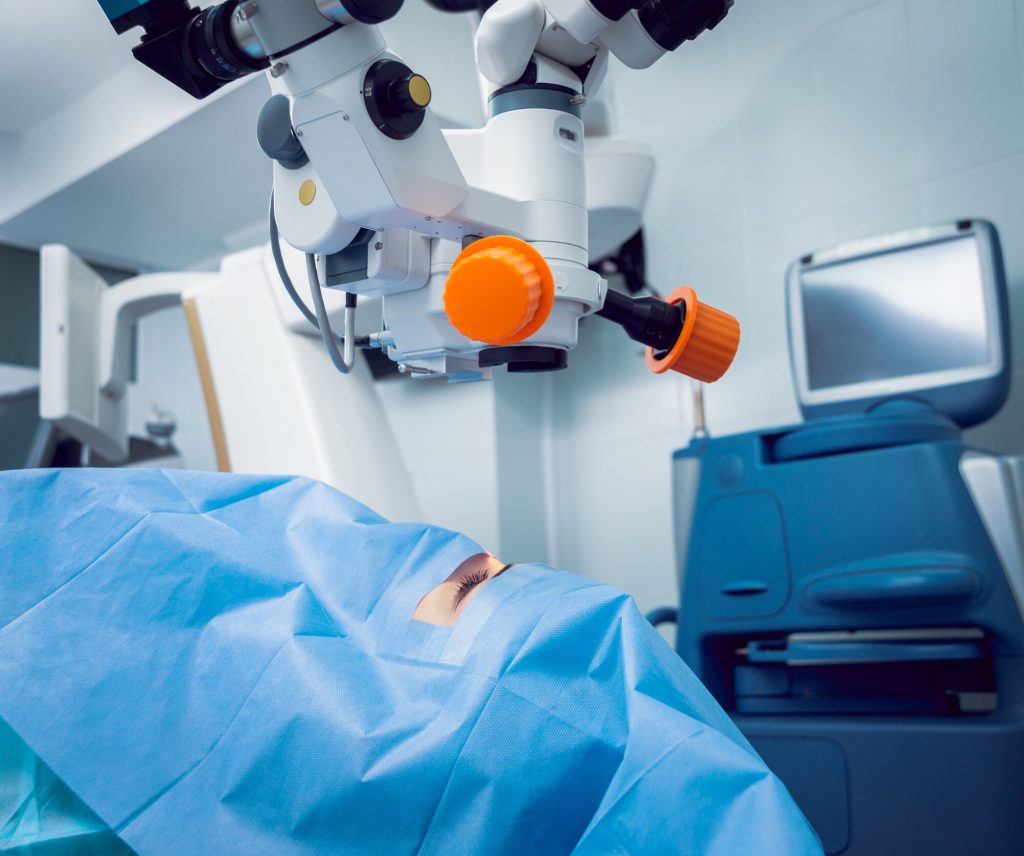
Did you know that more than 25 million people in the United States have cataracts? This is a very common eye condition that can make living a normal life very difficult. It might start with blurry vision, but when left untreated, it will progress to complete vision loss.
This is why it is important to consider cataract surgery. If you know you have a cataract, it isn’t going to go away on its own. But what should you expect from the cataract surgery procedure?
What about the cataract surgery recovery process? Keep reading and learn more about what you should expect from this surgery.
What You Need to Know About Cataract Surgery
A cataract is a cloudy film that forms over your eye. It starts gradually until that film becomes thicker and darker. This makes it very hard to see until you can’t see anything.
The goal of cataract surgery is to break the cloudy cataract layer into pieces. This is done with an ultrasound probe.
The cataract surgeon can then remove these pieces one at a time with a small suction tool. Removing this cloudy layer will reveal the healthy tissues of the eye underneath.
This is much like taking off a pair of foggy glasses. Once the cataract pieces are removed, it will be possible to see clearly again. The problem is that cataracts affect the lens of your eye.
The lens is what helps direct light to the back of the eye. This is what allows you to see objects clearly. As you remove the cloudy parts of the lens, it will be necessary to substitute that lens with an artificial one.
This is called an intraocular implant. You don’t need to worry about the surgery being painful. This is because you will receive anesthesia so that your eye is numb. You may feel some pressure or tugs during the surgery, but you should not feel any pain.
This is not a very invasive procedure and you won’t need to be kept in a hospital overnight. The procedure should take around 30 minutes.
The Details
After the procedure, the doctor will keep you at the clinic for a few hours.
This is done as a precaution to make sure you don’t have any side effects like heavy bleeding. If you have cataracts in both eyes, you won’t want to treat them both at the same time. You’ll have to get one treated at one appointment and then schedule an appointment for the next one a few weeks later.
It is best to bring someone with you to drive you home. This is because your eyes will be very sensitive and vulnerable after the surgery. Before the surgery, you’ll want to prepare yourself.
You may need to stop taking any medication that increases your risk of bleeding, such as blood thinners. You may also need to avoid eating anything for about 12 hours before the procedure. Your doctor may give you antibiotic drops for your eye a few days before the surgery.
This will help prevent an infection after the surgery. About a week before the surgery, your doctor will perform an ultrasound on your eye. This allows the doctor to examine the structure and size of your eye.
This is necessary to see how large your artificial intraocular lens should be. You won’t need to worry about this lens once it is implanted into your eye. You won’t feel it any more than you can feel the lens of your eye.
There is also no need to care for this artificial lens since it will act as a permanent substitute for your real lens. Some artificial lenses can help you see better if you have astigmatism, too.
Recovering After the Procedure
Don’t expect to see everything clearly directly after the procedure. Everything will be blurry for a few days. This is because your eye will be very sensitive after the surgery.
But within the week, you should start noticing a big improvement in your vision. One of the first things you may notice is that you can see colors much more vividly. This is because cataracts cast a dull yellow or brown cast over your eyes.
This can make everything look muddy. Removing cataracts allows you to see colors as they truly are again. You will need to check with your doctor a few days after the procedure and then again a week later.
This allows your doctor to check that your eye is healing as it should. Your treated eye may feel itchy or sore during the first few days of your recovery. This is normal. Do not press or scratch your eye as this may damage it.
You may need to wear an eyepatch for a few days after the surgery as you recover. This prevents the light from straining or damaging your eye. You may also need to take some medication within the first week of recovery.
These may include eye drops to control inflammation and swelling in the eye. This is important because swelling and increased eye pressure can occur after surgery and cause pain. Within about eight weeks, the healing process should be over.
All About Cataract Surgery
Cataract surgery is a very fast procedure that takes around 30 minutes to complete. It involves breaking up a cataract into small pieces and replacing that lens with an artificial one. After about eight weeks of healing time, you should see clearly out of the treated eye again.
To learn more about this treatment, check out the services we have available.
